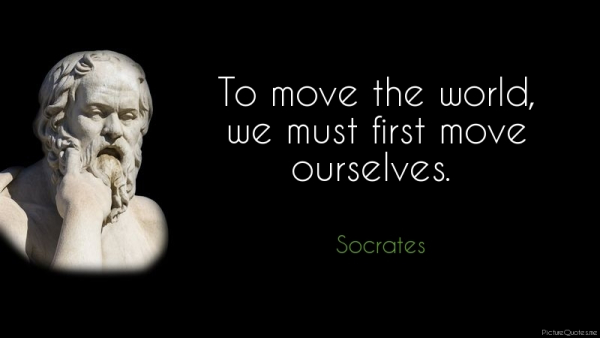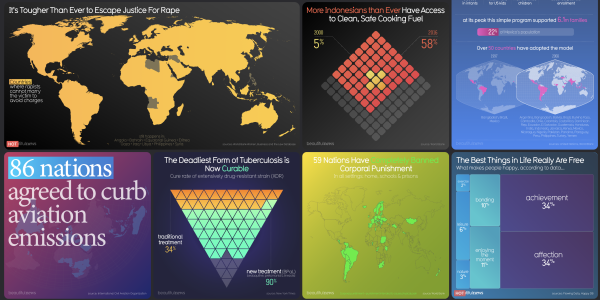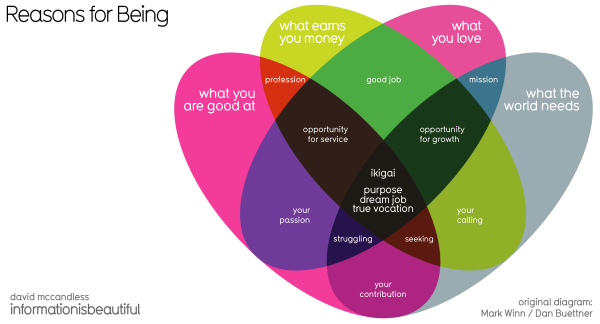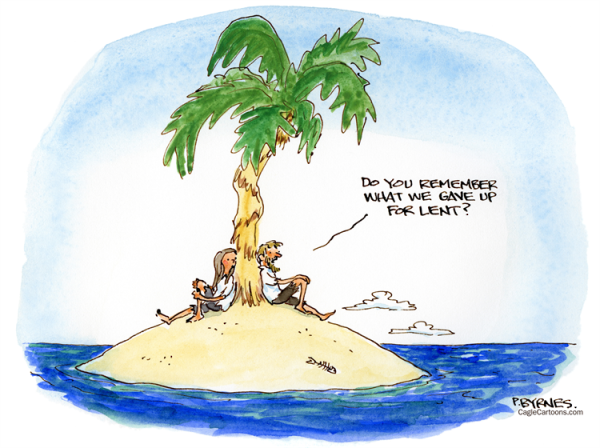How Does That Apply to Me or Trading?
The concept of Socrates' Triple Filter applies to markets as well.
When I was a technical trader, rather than looking at fundamental data and scouring the news daily, I focused on developing dynamic and adaptive systems and processes to look at the universe of trading algorithms to identify which were in-phase and likely to perform well in the current market environment.
As we've transitioned to using advanced mathematics and AI to understand markets it becomes even more true.
Filter Out What Isn't Good For You.
In contrast, there are too many ways that the media (meaning the techniques, graphics, music, etc.), the people reporting it, and even the news itself, appeals to the fear and greed of human nature.
Likewise, I don't watch TV news anymore either. It seems like story after story is about terrible things. For example, during a recent visit with my mother, I listened to her watch the news. There was a constant stream of "oh no," or "oh my," and "that's terrible". You don't even have to watch the news to know what it says.
It's also true with what you feed your algorithms. Garbage in, garbage out. Just because you can plug in more data, doesn't mean that data is adding value. Deciding what not to do, and what not to listen to is equally as important as deciding what to do.
Artificial intelligence is exciting, but artificial stupidity is terrifying.
What's The Purpose of News for You?
My purpose changes what I'm looking for and the amount of attention I pay to different types of information. Am I reading or watching the news for entertainment, to learn something new, or to find something relevant and actionable?

One of my favorite activities every week is looking for new insights and interesting articles to share with you and my team. If you aren't getting my weekly reading list on Fridays – you're missing out. You can sign up here.
Getting back to Socrates' three filters and the business of trading, I often ask myself: is it important, does it affect our edge, or can I use it as a catalyst for innovation?
There's a lot of noise out there competing for your attention. Stay focused.
Onwards!






 teddyterminal via
teddyterminal via 

